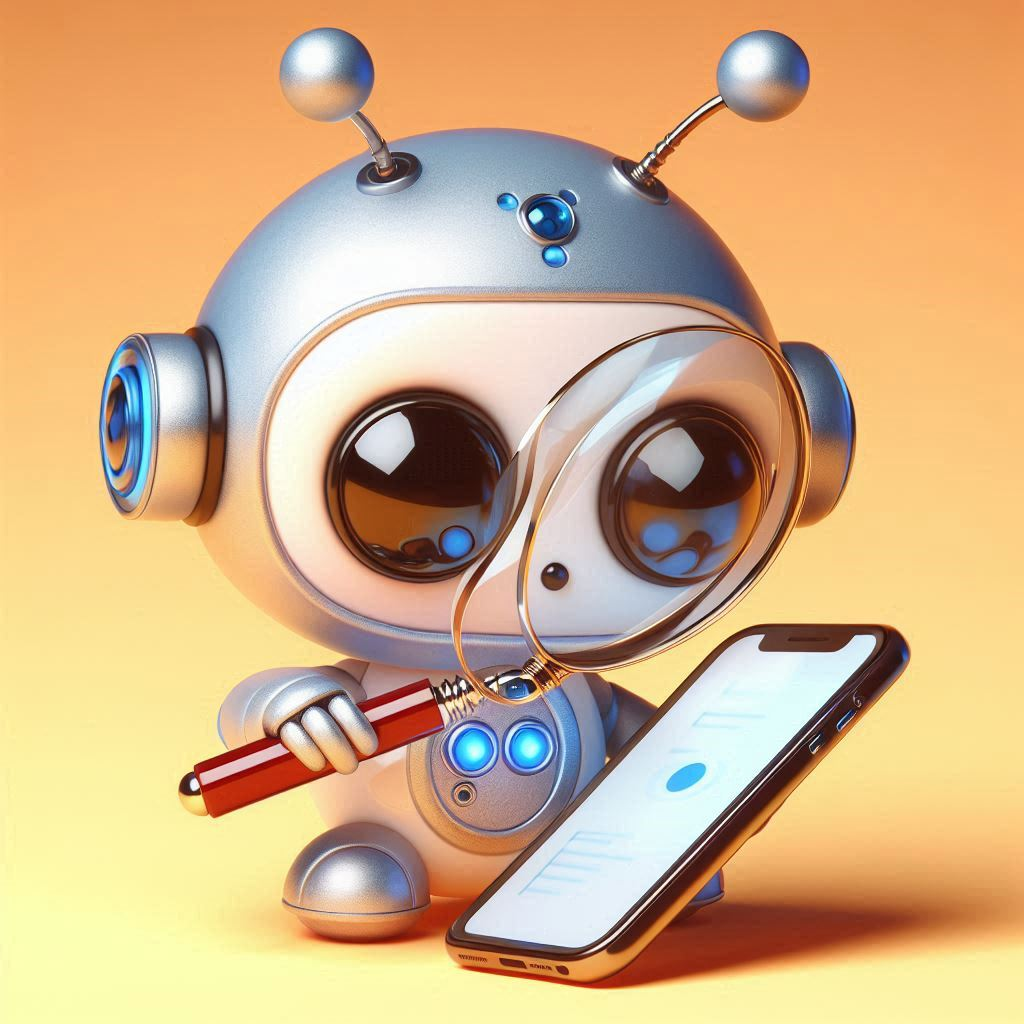ChatGPT Custom Personalities Revolutionise AI Collaboration
Over the past few years, the world of AI has been rapidly evolving, with advancements that push the boundaries of what we once thought possible. One such recent development comes from OpenAI, which has introduced a groundbreaking feature in ChatGPT, its popular conversational AI platform. This feature allows users to customise their interactions by bringing in custom personalities called “GPTs” into any conversation with a simple @ symbol.

This announcement marks a significant step towards enabling quasi-teamwork within ChatGPT, allowing users to collaborate with AI agents tailored to specific roles or expertise. Previously, sharing information between different GPT profiles required manual copying and pasting, along with the added effort of explaining context. With the introduction of GPTs, users can seamlessly integrate these custom personalities into their conversations without losing the history or flow of the discussion.
GPTs were first introduced by OpenAI in November as a means to create personalised roles or personalities within ChatGPT. Users can develop their own GPTs tailored to specific topics or skills, or they can access a range of pre-built GPTs from the GPT Store. This store, set to launch later this month, will provide a platform for users to share and discover GPTs created by others, fostering a collaborative community within the ChatGPT ecosystem.
One of the key advantages of GPTs is their ability to enhance collaboration and productivity. For example, users can create GPTs specialising in different areas such as wellness advice or canine health, allowing them to seamlessly switch between expert advisors within the same conversation. This feature opens up new possibilities for teamwork and knowledge sharing within ChatGPT, enabling users to access diverse perspectives and insights with ease.
Moreover, the introduction of GPTs represents a step towards a future where AI agents can work together as a cohesive team to tackle complex tasks. While OpenAI has so far resisted a fully agentic model for ChatGPT, the addition of GPTs suggests a gradual shift towards this goal. As AI technology continues to evolve, we may see further developments that enable true agentic teamwork within AI platforms like ChatGPT.
However, alongside these exciting advancements in AI, there are also challenges and considerations to be mindful of. One such challenge is the issue of confabulation, where AI chatbots like ChatGPT may inadvertently generate false or inaccurate information. While ChatGPT’s ability to generate creative responses can be beneficial in certain contexts, it also poses risks when it comes to providing factual information.
Confabulation stems from the nature of large language models like ChatGPT, which are trained on vast amounts of text data to generate human-like responses. In some cases, these models may fill in gaps in their knowledge with plausible-sounding but ultimately incorrect information, leading to misleading or false outputs. Despite efforts to mitigate confabulation through techniques like reinforcement learning from human feedback, inaccuracies may still occur.
The issue of confabulation highlights the importance of ongoing research and development in AI ethics and safety. As AI technology becomes increasingly integrated into our daily lives, ensuring the reliability and trustworthiness of AI systems is paramount. OpenAI and other organisations must continue to explore solutions to mitigate the risks associated with confabulation and other challenges in AI.
Additionally, the introduction of GPTs in ChatGPT not only facilitates collaboration within the platform but also opens up new opportunities for innovation and creativity. With the ability to create and share custom GPTs, users can explore novel applications of AI technology and develop solutions to address a wide range of challenges.
For instance, businesses can leverage GPTs to automate repetitive tasks, improve customer service, or generate personalised recommendations for users. By integrating GPTs into their workflows, organisations can streamline operations and enhance productivity, ultimately driving business growth and success.
Furthermore, the GPT Store presents an exciting opportunity for developers and AI enthusiasts to showcase their creativity and expertise. As the community grows and evolves, we can expect to see a diverse range of GPTs catering to various interests and industries, from education and healthcare to finance and entertainment.
Moreover, the introduction of GPTs underscores the importance of responsible AI development and deployment. While AI technology offers immense potential, it also brings with it ethical and societal implications that must be carefully considered. OpenAI and other organisations must prioritise transparency, fairness, and accountability in AI systems to ensure their responsible and ethical use.
The introduction of GPTs in ChatGPT represents a significant milestone in the evolution of AI technology. By empowering users to customise their interactions and collaborate with AI agents tailored to specific roles, GPTs pave the way for innovation, creativity, and enhanced productivity. However, it is essential to approach AI development and deployment with caution, taking into account the ethical and societal implications to ensure a positive impact on society.
In conclusion, the introduction of GPTs in ChatGPT marks a significant milestone in the evolution of AI technology, heralding a new era of customization, collaboration, and innovation. By empowering users to create and share custom AI personalities, GPTs offer endless possibilities for enhancing productivity, streamlining workflows, and driving creativity across various industries and domains.
However, as we celebrate these advancements, it is crucial to acknowledge the ethical and societal implications of AI technology. The responsible development and deployment of AI systems require careful consideration of transparency, fairness, accountability, and privacy. OpenAI and other organisations must continue to prioritise ethical AI practices, ensuring that AI technologies serve the greater good and contribute positively to society.
Furthermore, as AI continues to evolve, ongoing research and dialogue are essential to address emerging challenges and opportunities. Collaboration between industry leaders, policymakers, researchers, and ethicists is crucial to navigate the complex landscape of AI ethics and governance effectively.
Ultimately, the success of AI technology hinges on our ability to harness its potential while mitigating its risks. By fostering a culture of responsible innovation and collaboration, we can unlock the full benefits of AI technology and create a future that is equitable, inclusive, and prosperous for all.
for all my daily news and tips on AI, Emerging technologies at the intersection of humans, just sign up for my FREE newsletter at www.robotpigeon.be






